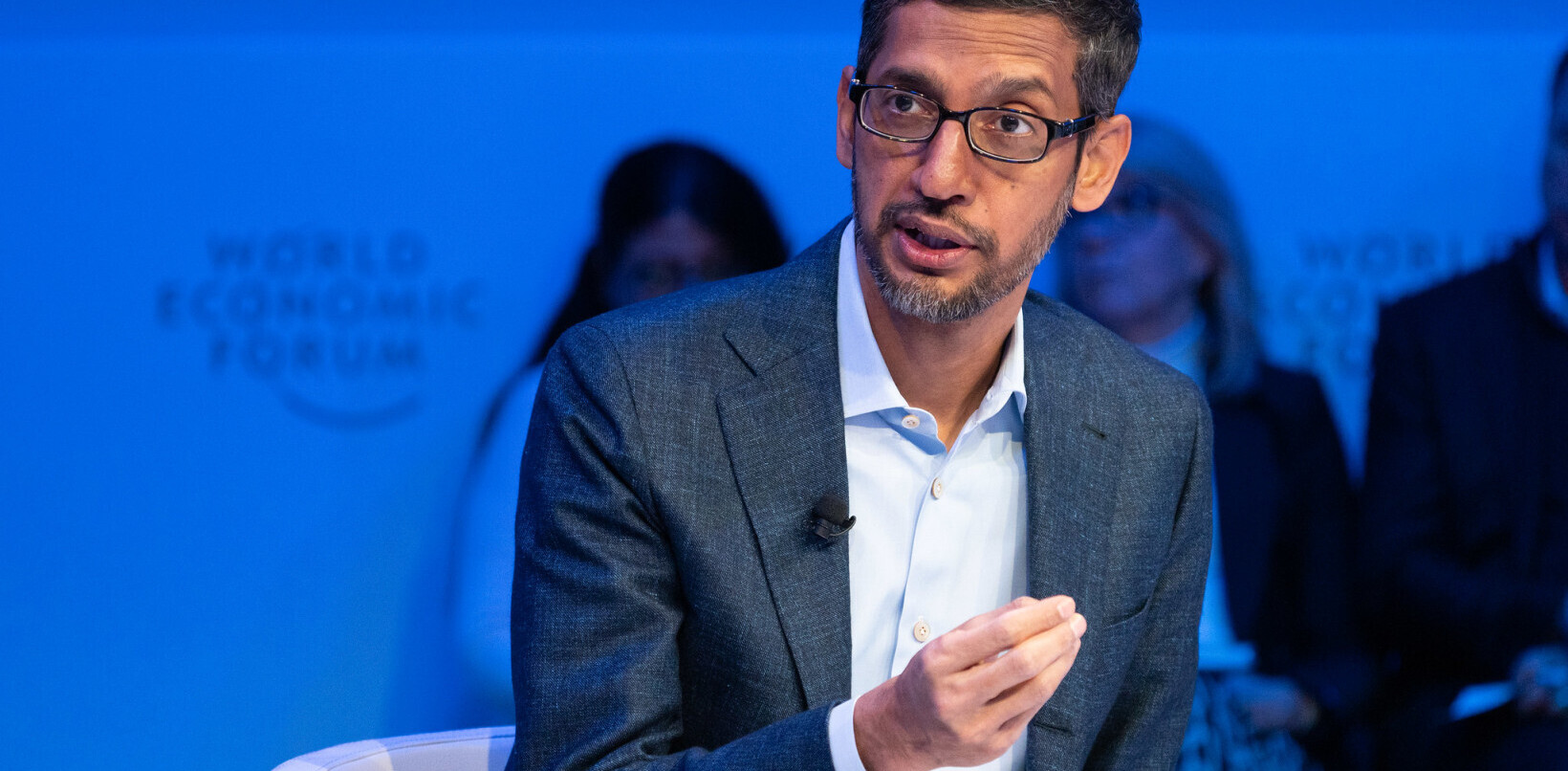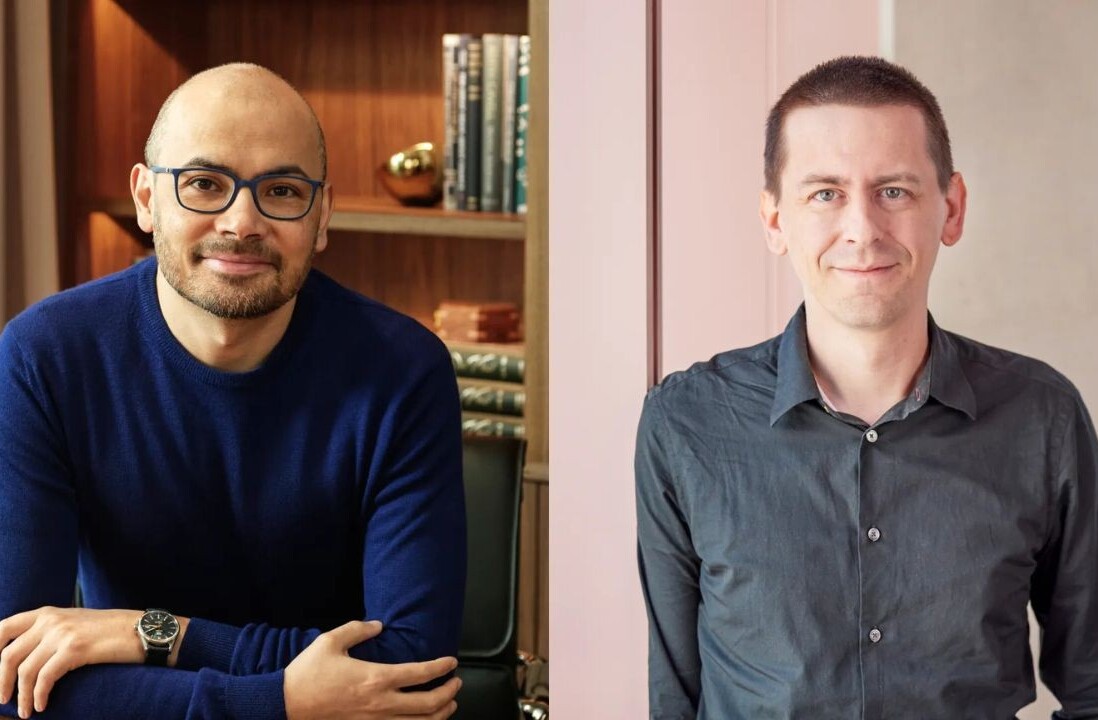
Announced last September, the ‘Start with Google’ competition has finally come to a close with Egyptian traffic app Bey2ollak walking away with the grand prize of $200,000 in seed capital.
The ‘Start with Google’ (or Ebda2 in Arabic) team and judges have been hard at work over the past nine months, first narrowing down the 4,000 entries to 200 semi-finalists, and then bringing them down to the final 50, with mentoring thrown into the mix for the finalists.
The 50 finalists included SuperMama, a startup catering to mothers in the Middle East, covered here, and GroupStream, a Storify competitor, most recently covered here. Other finalists included GIS application, Digital Egypt, reviewed here, and Egyptian Foursquare alternative, IntaFeen, reviewed here.
The winner, Bey2ollak, which we took a close look last year, is attempting to solve a severe traffic problem in Egypt, one update at a time, by crowdsourcing traffic conditions with the help of a cross-platform mobile app.
A family affair, Bey2ollak comes to us courtesy of five cousins, and started out as a BlackBerry app, earning 5,000 users on its very first day, as well as a sponsorship offer from Vodafone.
‘Start with Google’ and the Vodafone sponsorship are not the only victories Bey2ollak has under its belt, having been chosen to participate in the NextGen Bootcamp event, in which a handful of Egyptian startups were sent to Denmark and the US for a 3 week internship.
Speaking about the win, Bey2ollak co-founder Waleed Mustafa said “We are thrilled that we won this competition – this is the first time we have received any funding and now we will be able to build and develop our business to scale – thank you Start with Google for this amazing journey.”
A still-maturing startup scene
Bey2ollak already has a successful track record, and the judges’ choice proved to be a controversial one, with the Egyptian twittosphere lighting up with negative reactions to the announcement.
Many criticized the final decision on the premise that ‘Start with Google’ was all about giving a fledgling startup a leg up. With over 200,000 users and the support of a leading telecom company, many felt that Bey2ollak doesn’t fit that criteria. Others said that Bey2ollak simply treated the competition as an investment round, and that the startup had not developed through the mentoring process.
The process also earned itself a bit of criticism before the winner was announced, with one startup founder withdrawing from the competition, as attendees were live-tweeting details during pitches despite signing non-disclosure agreements.
The online community lashing out at the decision may well be proof of the fact that, like in any emerging market, its startup scene is still in the process of maturing. While ‘Start with Google’ was all about investing in a startup, being a brand new venture was not a condition. People may be taking the phrase ‘startup’ a little too literally, as well as the name of the initiative itself.
What can be said, however, is that if a startup did not grow through the mentoring process, could that be a sign that, as a company, it has gone beyond the need for a competition like this?
The startup scene in Egypt, and the Middle East, is very much in its infancy. The regional political climate has had a positive effect on the entrepreneurial scene, in Egypt in particular, with a growing acceptance for risk-taking among the country’s youth, but there is still a long way to go.
With a growing number of incubators and accelerators and an influx of new startups courtesy of many a talented developer, what may be lacking is a mentoring model that understands the needs of the Middle East’s entrepreneur.
Are we simply taking concepts from abroad and trying to apply them without thinking about regional business and marketing needs? Are we too busy trying to create our own copy of Facebook, Twitter or Amazon for the Middle East?
There is certainly no room for generalizations, but there is obviously a lot of room for growth, on both sides.
Get the TNW newsletter
Get the most important tech news in your inbox each week.





